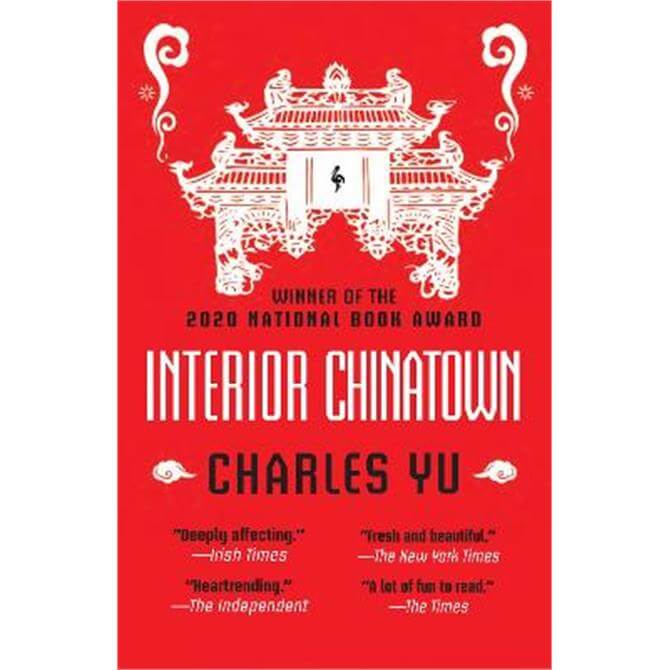

It’s not so much that Wu is passive but that the author is so good at integrating his character’s point of view into what would be, in lesser hands, little more than scene description. (Yu’s work here, in all its complexities and contradictions, conjures up favorable comparisons to Paul Beatty’s “ The Sellout.”) Early on, we are given a meticulous portrait of Wu’s father, Sifu, once “a young dragon” and martial arts expert but now an “Old Asian Man” who would “always be your Father, but somehow was no longer your dad.” Wu helps care for Sifu, “checking for dampness on his mattress pad, changing it if necessary.” An undercurrent of anger and sadness fuels these scenes.

Wu has worked his way from “Background Oriental Male” to “Dead Asian Man” to “Generic Asian Man Number Three/Delivery Guy” - a long way from “Kung Fu Guy,” which is where he wants to be.Īlthough the lacerating humor in “Interior Chinatown” never skips a beat, what makes the novel so compelling is its strong commitment to characterization, without which the pointed commentary would be less potent.

“Interior Chinatown” posits that we are reading a teleplay about Chinatown - specifically the Golden Palace restaurant, which is the setting for a cop show called “Black and White.” Through his protagonist, Willis Wu - who has a small part on the show - Yu explores in devastating (and darkly hilarious) fashion Hollywood’s penchant for promoting clichés about Asians and Asian-Americans. This talent has only escalated in his writing for visionary TV shows like “Westworld,” “Legion” and “Lodge 49.” In his new novel, “Interior Chinatown,” Yu expands upon this approach in brilliant and unexpected ways. Over the past 15 years, Charles Yu has carved out a fascinating, eclectic career as a storyteller, first receiving widespread acclaim in 2010 for his novel “ How to Live Safely in a Science Fictional Universe,” which showcased his ability to revitalize familiar tropes like time travel.


 0 kommentar(er)
0 kommentar(er)
